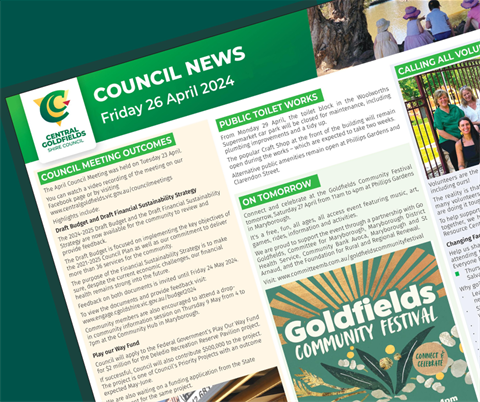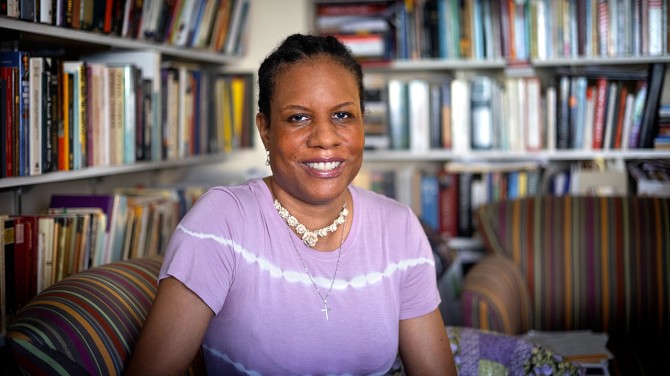The Royal Australian College of General Practitioners (RACGP) says without a key focus on GPs in the National Plan to End Violence against Women and Children, many families will not be reached for early intervention.
The RACGP, in a submission to the Draft National Plan to end Violence Against Women and Children 2022-2032, said victim-survivors disclose to GPs more than any other professional group, even more than police.
Despite this, GPs are not explicitly mentioned in the Plan. Instead, the Plan only explicitly mentions other frontline services including the police, justice system, educators and supports their capacity building to identify and respond to diverse forms and experiences of violence.
RACGP President Dr Karen Price said GPs must be included in the Plan.
“As one of the only practitioners that provides ongoing, holistic care to a patient throughout their life, GPs are uniquely placed to help people experiencing abuse and violence,” she said.
“And the evidence shows GPs are often the first person a victim-survivor will disclose to.
“This is because people know and trust their GP. It’s also because GPs are trained to notice when something isn’t right, so we can recognise the signs and start a conversation with a patient, which is often the first step.
“As such, there should be a key focus on GPs in the National Plan to end Violence Against Women and Children.
“Without this, many families will not be reached at the early intervention stage.”
The RACGP has developed evidence-based guidelines to support GPs caring for patients experiencing family and domestic abuse and violence, called the White Book. The College is also working with the Safer Families Centre to roll out training for GPs nationally.
The RACGP President said increased support for general practice and expanded access to Medicare patient rebates would improve access to early intervention and care.
“When it comes to supporting victim-survivors, GPs provide comprehensive care, including managing the physical and mental health consequences, as well as referring patients to relevant support services,” she said.
“GPs also see members of the same family – we’re often the only health professional seeing both the victim-survivor, perpetrator and their children. So, GPs also play an important ongoing role in assessing and managing violence and safety within families.
“Increased support for general practice, through ongoing education and peer support groups, will greatly assist GPs to identify and safely work with victim-survivors, children, and perpetrators as well as other domestic violence services.
“The government also needs to expand access to Medicare patient rebates, so care is more accessible for those who need it.
“Currently there are barriers to care for people experiencing violence and abuse, which can easily be removed if the criteria for General Practitioner Management Plans (GPMPs) are expanded to include those experiencing family violence.
“Victim-survivors and their families would also benefit from access to Medicare patient rebates for longer consultations, so they can take the time needed to have a conversation with their GP and talk about their concerns.
“These simple changes will mean more people can access the care and support they need when they need it – it’ll make a big difference for individuals and families.”
~








